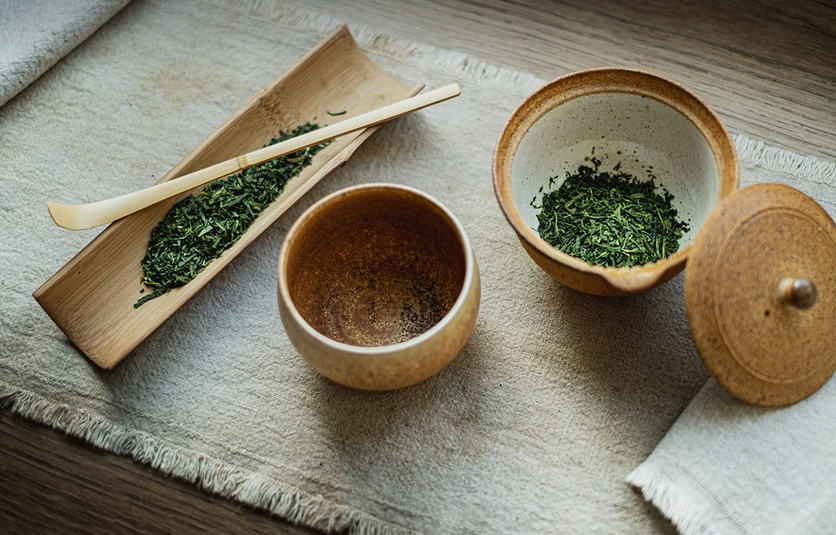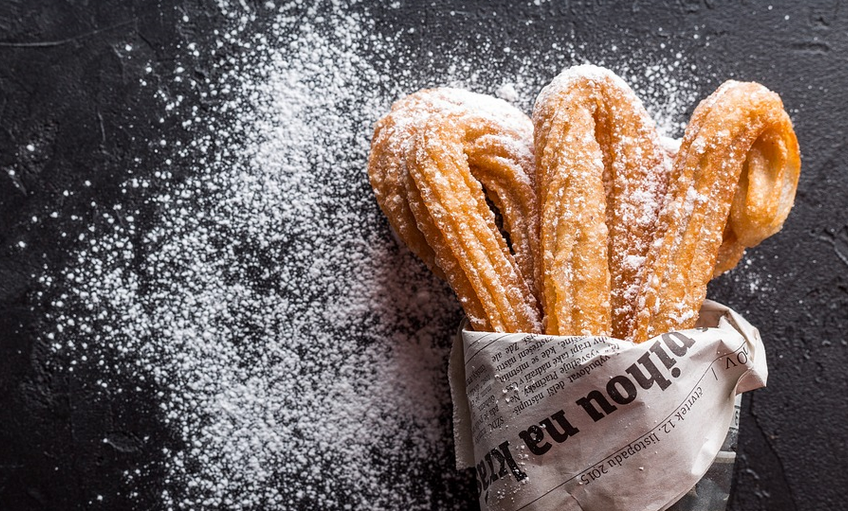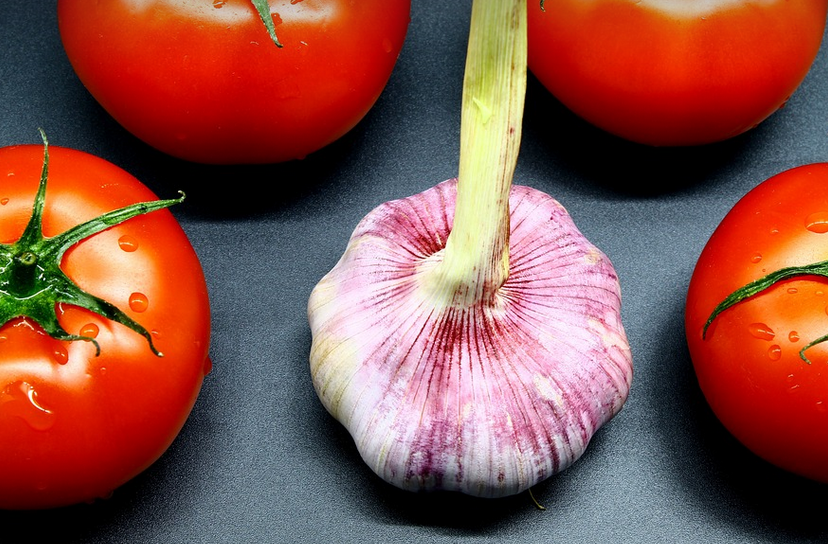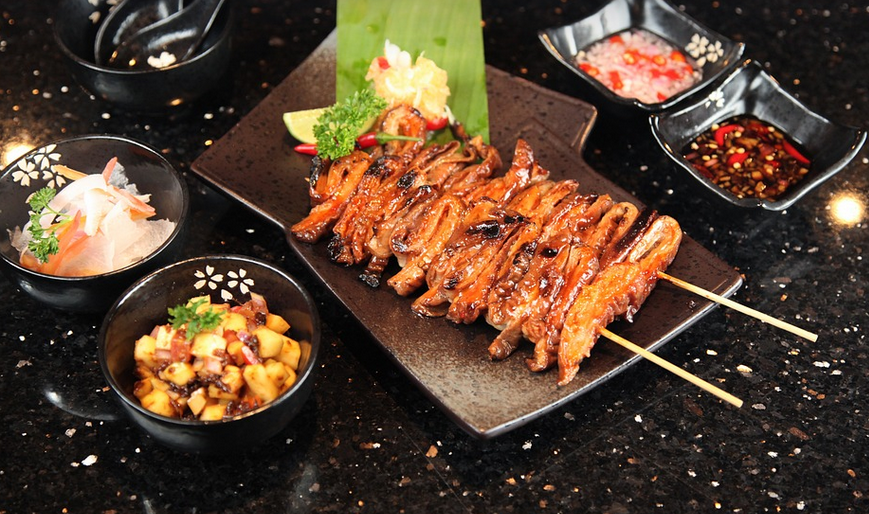Understanding the Popularity of Mahi Mahi
The mahi-mahi, also known as dorado, is a popular fish that’s taken by anglers worldwide. It has an incredible reputation for its delicate flavor and firm texture, which makes it popular in dishes from sushi to grilling. Many people are drawn to the vibrant orangey-gold hues of this fish and appreciate how it turns out when cooked.
What Makes Mahi-Mahi Kosher?
When considering whether or not mahi-mahi is kosher, there are a few factors that contribute to its status. Like all fish, the first thing to understand is whether it comes from a source that aligns with Jewish dietary laws.
Firstly, mahi-mahi belongs to the “fish” category in Judaism, which means it’s considered kosher. This category encompasses many other types of fish like tuna, salmon, and mackerel, all of which are permitted under Jewish law.
However, a key element is the source of the fish itself. When we delve into the “kosher” aspect of mahi-mahi, we need to look at where it came from: its origin matters!
For instance, when we talk about sustainably caught mahi-mahi, this becomes crucial in understanding whether it aligns with kosher practices.
The bottom line is that mahi-mahi itself is considered kosher. It’s a fish that falls under the category of “fish.” But the true source and sustainable fishing practices play an even greater role in determining its permissibility for Jewish dietary laws.
The Importance of Sustainable Fishing Practices
Sustainable fishing practices are crucial to ensuring that mahi-mahi remains kosher and available for those who follow the Jewish dietary regulations. They promote responsible fish harvesting, which helps preserve the species’ population and maintain its ecological balance.
Sustainable fishing methods include using mesh nets or longlines, minimizing bycatch (unintended catches of other species), and reducing overfishing pressure on the ocean’s ecosystem.
Choosing mahi-mahi from sustainable sources is a great way to ensure that you’re contributing to ethical and environmentally conscious food choices. It also makes for delicious fish dishes, too!
Tips for Choosing Sustainable Mahi-Mahi
When selecting mahi-mahi from the grocery store or at your local market, there are a few simple tips you can follow to ensure you’re making a sustainable choice:
1. **Look for labels:** Many reputable seafood suppliers display “sustainable” certification on their packaging, including certifications from organizations like MSC (Marine Stewardship Council) and ASC (Aquaculture Stewardship Council). These certifications confirm that the fish was caught or farmed using practices that protect the environment.
2. **Ask questions:** When in doubt, don’t hesitate to ask your butcher, fishmonger, or grocery store manager about sourcing. They can often provide details on the fish’s origin and how it came to be available for purchase.
3. **Support local fishermen:** If you are inclined to do so, consider purchasing fish from local fishing communities that prioritize sustainable practices. These local options make a positive impact on both your tastebuds and the environment.
Enjoying Mahi-Mahi in Delicious Ways
Mahi-mahi’s versatility makes it a fun ingredient to work with in the kitchen, whether you prefer grilling, baking, or pan-frying. It’s also an excellent source of omega-3 fatty acids, which are beneficial for overall health and well-being.
For those seeking a quick meal, mahi-mahi fillets can be grilled with lemon and herbs, or they can be baked with spices like cumin and coriander. It’s often enjoyed in tacos and sushi, too!
Mahi-mahi is also a popular choice for curries and stews, where it absorbs flavors well. Be creative! Try adding it to stir-fries, soups, or even salads for a burst of flavor.
Remember, whether you’re following Jewish dietary laws or simply enjoying a delicious fish meal, mahi-mahi is a versatile and nutritious choice that can be enjoyed in countless ways.



